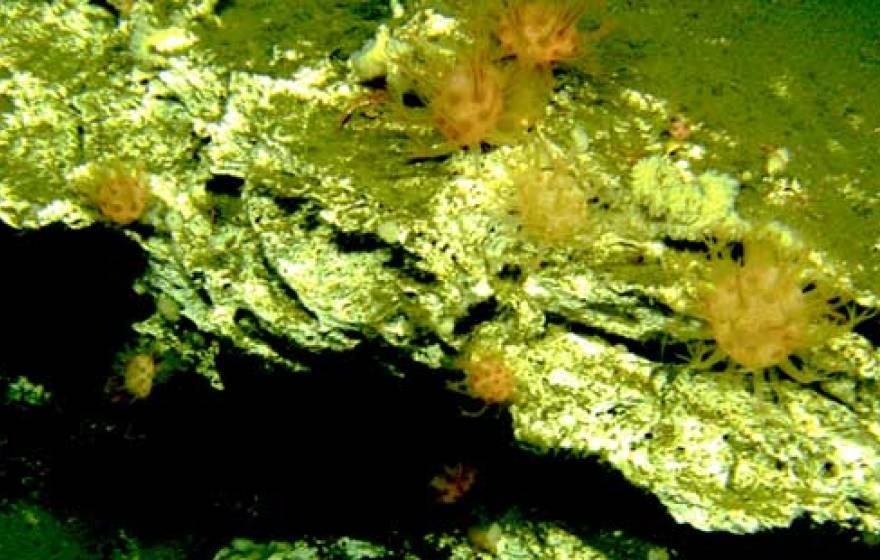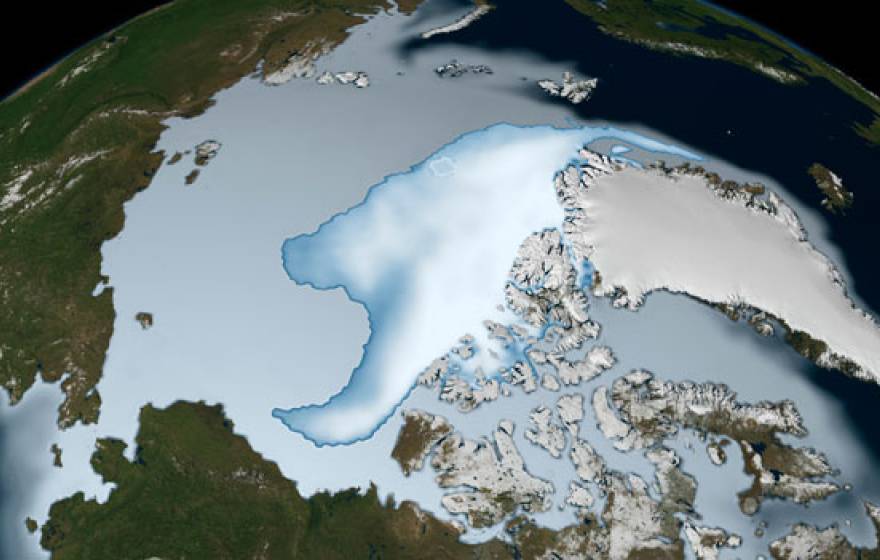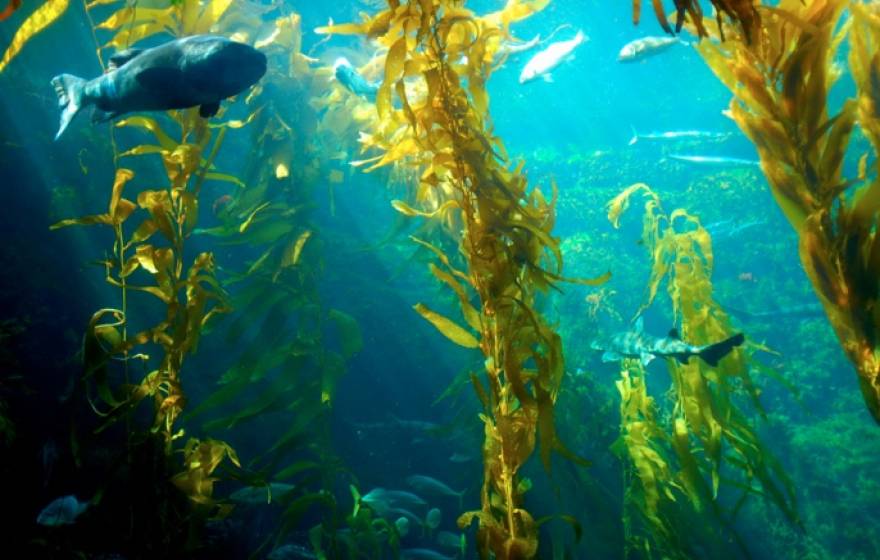Scripps Institution of Oceanography |
World ocean systems undermined by climate change by 2100
Scientists warn against the high risk of degradation of marine ecosystems and the human hardships that may result.
UC Santa Barbara |
Could closing the high seas to fishing save migratory fish?
Such action could accomplish not only that but also increase fisheries' profits and yields.
UC Santa Cruz |
Tracking reveals hidden lives of elephant seals
New data on the deep-diving creatures include a record-setting dive more than a mile deep.
UC Davis |
Plankton make scents for seabirds and a cooler planet
Top predators of the Southern Ocean are tied both to the health of the ocean ecosystem and to global climate regulation through a mutual relationship with phytoplankton.
UC Santa Cruz |
Exxon Valdez oil spill was a turning point for biologist
On the 25th anniversary of the Exxon Valdez oil spill, Terrie Williams reflects on the lessons learned and continues her work training responders for the next oil spill disaster.
Scripps Institution of Oceanography |
Diminishing ice means a darker Arctic
Forty-five years after scientists hypothesized that global warming would make Arctic Ocean surfaces darker, Scripps team determines, through satellite data, how much the planet’s albedo has diminished.
UC Davis |
Oysters face twin threats
Predators and ocean acidification spell doom for once-prevalent Olympia oysters.
Lawrence Berkeley Lab |
'Kelp Watch" monitors Fukushima nuclear contamination
Berkeley Lab collaborates on program to track nuclear contamination from quake-damaged power plant in Japan.
UC Santa Cruz |
Marine scientists track spread of sea star wasting disease
Mysterious outbreak has become widespread along the U.S. west coast over the past several months.



